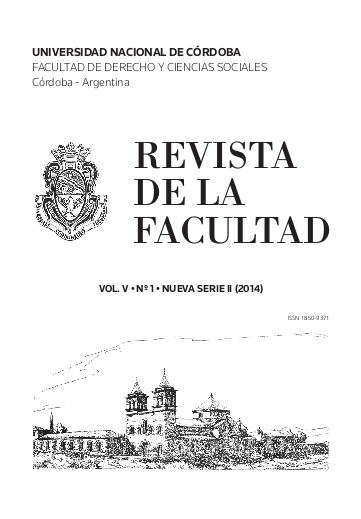When the "hate speech" becomes "hate crime"? Freedom of expression and international law by the ECHR
Keywords:
chilling effect, hate crimes, hate speech, prejudice, propagandaAbstract
In the early eighties, some Anglo-Saxon countries started to introduce into their laws specific rules to combat a special type of crimes -motivated by hate and intolerance towards the victims and their groups- the so called “hate crimes”. However, more than three decades later, it is obvious that the incorporation of this kind of laws into the different internal legislations of the countries of continental Europe is still going very slow. But even worse is that there is practically no political, social, legal and legislative will to put an end to the apparent social division caused by this kind of offenses and motives which favor their appearance, especially through the so called “hate speech”. There are voices and institutions that suggest setting limits, without taking into account that, by forbidding the speech, they would limit other fundamental rights, especially the freedom of expression. Besides, by limiting the speech of the intolerants, we would give way to a suspicious society that de facto would host unexpected radicalism. With this study, we intend to make a quick approach to the concept and the evolution of hate crimes and evaluate what kind of offensive speech can trigger off violent actions, which answers are given by the Europeans institutions and which limits are drawn by the Courts.Downloads
Published
2014-11-16
Issue
Section
Doctrine and research
License
La publicación del artículo implica la donación de los derechos de autor a la Facultad de Derecho, conservando el autor su derecho a utilizar el artículo en publicaciones de su autoría o páginas web referidas a su trayectoria. Para el caso de otro tipo de publicaciones, antes de su utilización, deberá obtener autorización de la facultad.
How to Cite
When the "hate speech" becomes "hate crime"? Freedom of expression and international law by the ECHR. (2014). Revista De La Facultad De Derecho, 5(2). https://revistas.psi.unc.edu.ar/index.php/refade/article/view/11547


